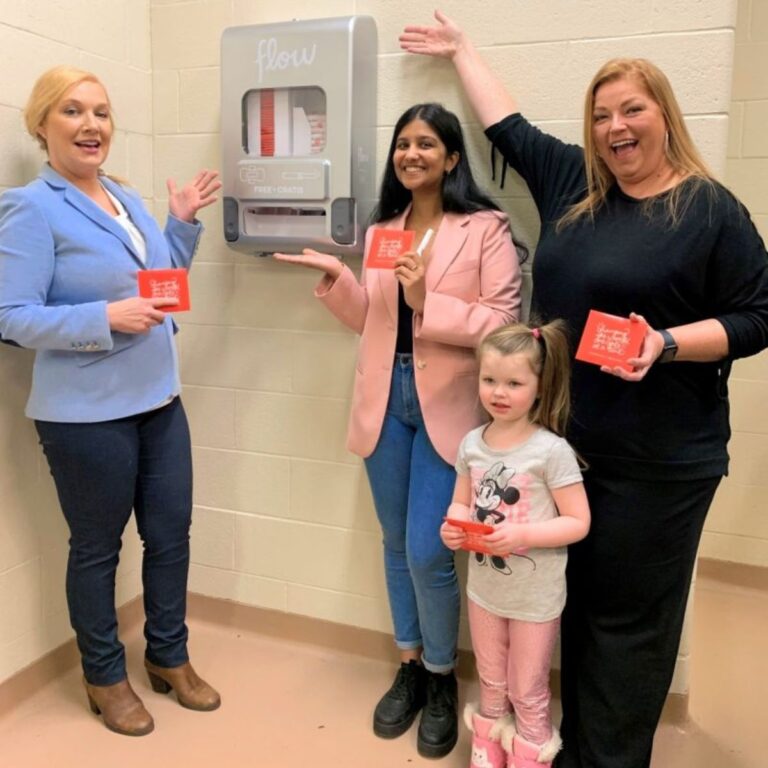People-first language in healthcare, or why words matter — Dr. Carla Prado
Health15.01.2024

In my journey as a researcher in the healthcare field, I have come to realize the profound impact language has not only in conveying information, but also in shaping perceptions.
The evolution of language in medical and scientific communication reflects a deeper understanding of the human experience and patient perspective, and a growing respect for individual dignity.
Person-first or people-first language is a linguistic approach that emphasizes the individual before their medical condition or diagnosis. This approach focuses on describing the conditions a person may be experiencing, rather than defining them by these conditions.
Preventing the marginalization of individuals with chronic illnesses or disabilities
The primary purpose of this approach is to prevent the marginalization or unintentional dehumanization of individuals who live with chronic illnesses or disabilities.
For instance, shifting from terms like “sick person” to “person with an illness,” or “elderly” to “older adults,” underscores a person-first approach. Similarly, referring to “people with obesity” or “people living in larger body weights” instead of “obese people,” and “people with cancer” rather than “cancer patients,” emphasizes the individuality of each person beyond their medical condition.
This nuanced approach in our choice of words is not just about political correctness; it embodies a more empathetic, inclusive, and respectful way of communicating about those we serve.
Being labelled as a “geriatric pregnancy” is not pleasing

Reflecting on my personal experience, I recall seeing my medical chart at the maternity ward labelled as a “geriatric pregnancy.” While I am proud of my age, encountering this term was not particularly pleasing.
Traditionally used to describe pregnancies in women over the age of 35, “geriatric pregnancy” has attracted criticism for its potentially negative connotations. The term “geriatric” is associated with older age and its related health challenges; it can make it seem insensitive or unkind when applied to expectant mothers in their mid-thirties or older.
This label may inadvertently suggest abnormality or increased risk, contributing to feelings of anxiety or stigma among women in this age group.
As awareness grows about the nuances of language in healthcare, there is a shift towards more neutral and respectful terms, such as “advanced maternal age,” which also acknowledge the unique considerations of later-in-life pregnancies without potential negative connotations.










